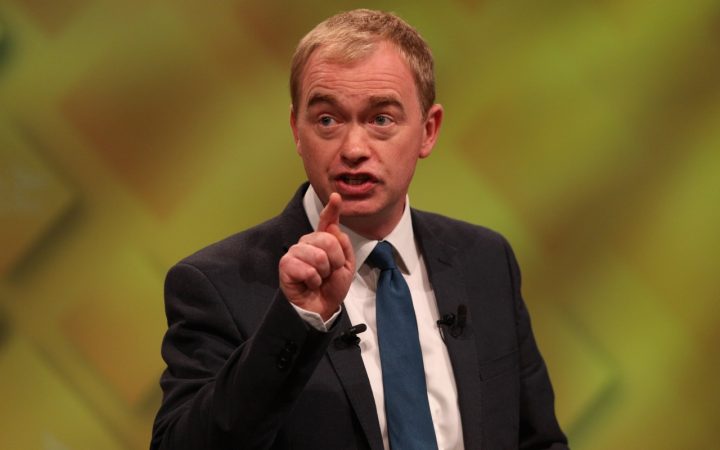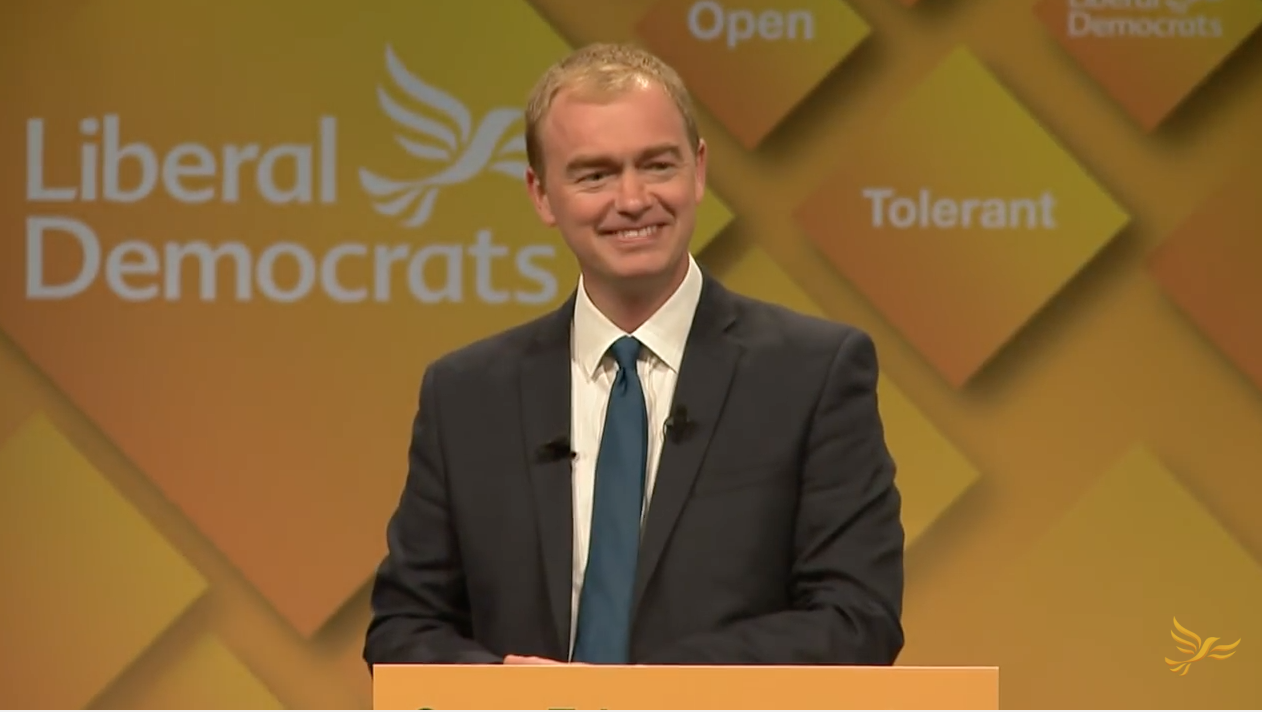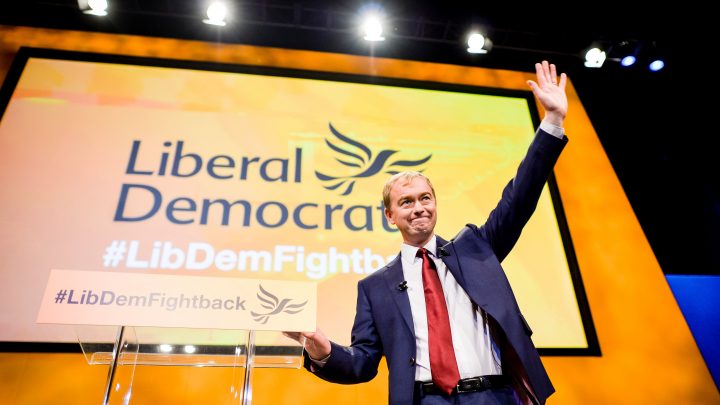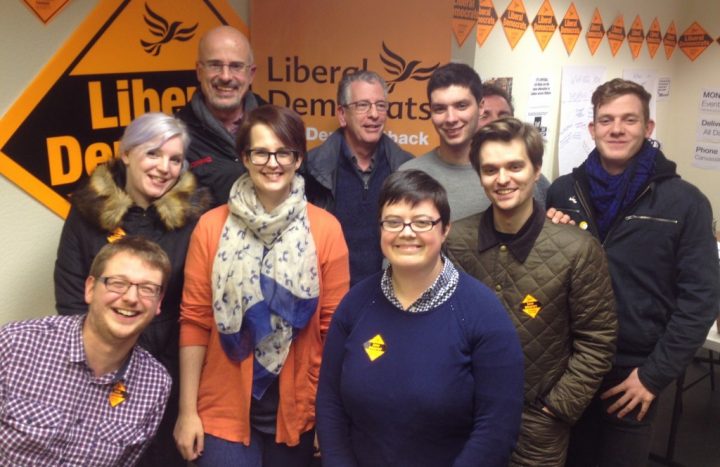In recent speeches Jeremey Corbyn has showed his true colours – he wants Britain out of the single Market. Here’s eleven reasons he’s wrong:
Britain may have voted to leave the European Union, but this doesn’t mean we want to leave the ‘single market’ free trade area. The single market means it as easy to trade between London and Berlin as it is between Edinburgh and London. Within the Single Market, goods, people, services and capital can move freely, meaning there’s no lengthy customs checks, borders to cross and goods can move freely and cheaply.
Giving up our membership of the Single Market would be catastrophic for our economy and put millions of people’s livelihoods at risk. Even if we agreed a deal to allow access to the Single Market it would mean less investment, fewer jobs and no say over the laws that government our access, compared to remaining fully-fledged members.
Here are eleven reasons Jeremy Corbyn’s wrong to want to take the UK out of the single market.
1: The Single Market means our economy is bigger, benefiting everyone.
According to The Institute for Fiscal Studies, losing our membership of the Single Market could mean we lose up to 4% of our GDP. Membership means “higher living standards and [is] likely to be distributed across income levels.” That means a stronger economy benefiting people on the lowest incomes as much as those at the top.
2. The Single Market means more money in your pocket:
According to the Department for Business, Innovation and Skills working people in the UK’s income is 6% higher because of the extra trade enabled by being a member of the Single Market.
3: The Single Market helps create jobs.
More than 3 million jobs in the UK are linked with EU trade and some estimates say that by staying in the Single Market, we could create almost 800,000 new jobs by 2030.
4: The Single Market means holidays are cheaper and easier:
Rules governing the price of flying and travelling within the EU mean that, thanks to the Single Market, travelling abroad is much cheaper. You have the same consumer rights in Britain as you do in Italy and there are no limits on what you can buy and bring back for personal use.
5: The Single Market means you can buy what you want, from where you want
Membership of the single market means that you can order, online or in person, any goods from anywhere else in Europe and have them delivered without paying any customs charges. Soon, thanks to the Digital Single Market, this will even apply to items downloaded or streamed online.
6: The Single Market means a greater choice of goods and services
The single market means companies have to produce goods to the same standard – that means a toaster made in the UK is just as safe as one made in France – and nobody can get a competitive edge by working to looser regulations.
7: The Single Market means lower prices for you:
We also benefit from cheaper prices at home thanks to the European Single Market, and the competition it promotes. One study has estimated that the average consumer is £450 a year better off thanks to lower prices caused by greater competition across Europe.
8: The Single Market means less red tape
The Single Market replaces a large number of complex and different national laws with a single framework, this means less bureaucracy and lower prices.
9: The Single Market is massive
Any business in the EU automatically has close to 500 million potential customers on its doorstep. This means big businesses can be more efficient and means small- and medium-sized businesses can export across Europe easily.
10: The Single Market means more trade. Lots more trade.
Access to the single market means a huge increase in trade – 44% of the UK’s exports in goods and services went to other countries in the Single Market in 2014 and trade within the EU has risen by 30% since 1992.
11: The Single Market means getting a good deal across the world
As part of the biggest trading bloc in the world, we are able to negotiate trade deals that work for the UK and other EU countries. Other countries want access to the Single Market. It means we can’t be pushed around by bigger countries who want good terms for trade with the UK without giving us a good deal in return. The EU is our biggest trading partner and the Single Market means it’s cheaper and easier to trade – it’s absolutely vital for the success of the UK economy.
The EU is the largest economy in the world, the biggest exporter and importer and the leading investor and recipient of foreign investment. It’s a no-brainer that we want to keep our access to the Single Market – even Boris Johnson can see that.
That’s why in our Plan for Britain in Europe, we’ve made protecting the UK’s access to the single market one of our top priorities (you can read more about our plan here). It’s just a shame Jeremy Corbyn doesn’t see it.









